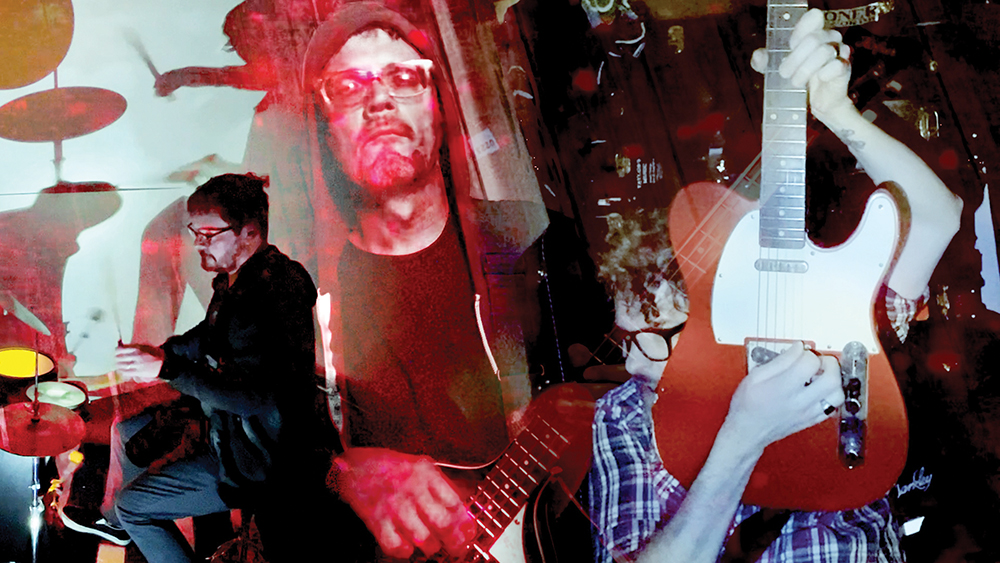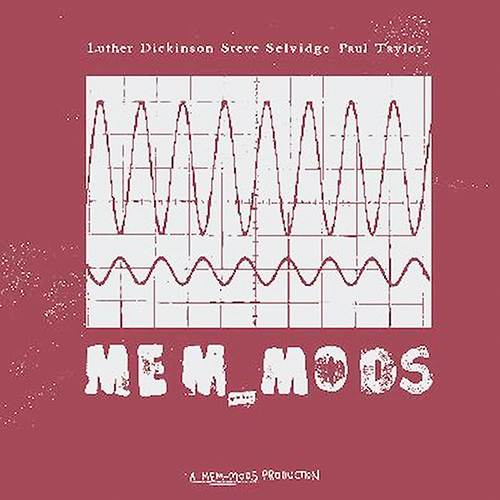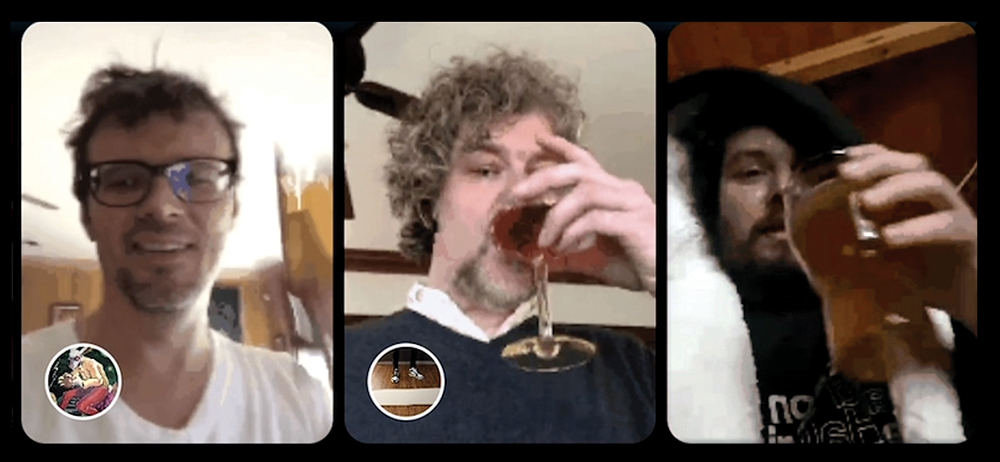Creative thinking is often spurred on by a sudden change: There’s nothing like having the rug pulled out from under you to get you thinking on your feet. And, to hear Steve Selvidge tell it, that’s exactly what happened nearly three years ago when he, Luther Dickinson, and Paul Taylor began work on what’s now the freshly released album, MEM_MODS Vol. 1 (Peabody Records). Of course, that was a time when the whole world was caught off guard, not the least these three musicians who’ve thrived on live performance for decades.
“We were all reeling,” Selvidge recalls. But then a ray of hope appeared. “I got an email from Luther saying, ‘Paul and I have been messing around with some stuff, do you want to put some guitar on it?’ I was like, ‘Yeah, I don’t have anything else to do!’” It was within the first month of the pandemic’s lockdown, so Dickinson and Taylor had not been playing together in person; they’d been swapping tracks over the internet. And that in itself was not unusual for any of them.
“We all had some sort of digital audio workstation of some sort in our homes,” says Selvidge. “And I’d been doing a bunch of remote recording pre-pandemic, anyway. It’s not uncommon for me to do guitar overdubs here in my home studio.” That might even include the odd overdub on a Hold Steady track, he notes. “Mostly last little pickup bits right at the end,” he explains. “But for that last Bash & Pop record [by Tommy Stinson], we cut half of it live at Tommy’s place, and the other half was stuff written after the fact. So I did a lot of my guitars and all of my vocals here at my place on that album.”

Dickinson and Taylor had similar home studios, though Selvidge’s home in Memphis tended to be where it all came together. “After a while, it was easier for me to be the guy running everything in Pro Tools, with everybody sending me files,” Selvidge adds. “And so it kept growing.”
As it turned out, the three began to thrive on the collaboration in unexpected ways. After the first track, says Selvidge, “I was like, ‘We made this! I love it! And it’s something to keep myself occupied.’ So that turned into another track, and then we realized we had kind of a workflow. And we exploded with this creativity. Paul might start with drums, and either Luther or I would add a bass line, creating a song out of raw drums. And I started messing with old drum machines and wrote a tune to that. There were ideas flying everywhere! So much so that we had a brief storage crisis, the music piled up so quickly.”
The result is that rare bird in the indie music world, an instrumental album. While that might be somewhat familiar in the jam band world, MEM_MODS doesn’t really fit that tag. The tracks hit more like a lost ’70s soundtrack, evoking everything from Augustus Pablo-like dub to funk bangers to smoldering Isaac Hayes-like ballads. Tasty, ear-catching synth sounds abound. Indeed, the trio leaned into their multi-instrumental talents, with Dickinson not even contributing his first instrument, guitar. Instead, he played bass and various keyboards; Selvidge played guitar, bass, Rhodes piano, and drum machine; and Taylor contributed drums, percussion, omnichord, bass, fretless bass, washtub bass, synth pedals, and “soundscapes.”

Over these elements sit some of the finest horn parts to come out of Memphis in recent years, courtesy arranger and trumpeter Marc Franklin and saxophonist Art Edmaiston. Ranging from pitch-perfect pads to nimble, jazz influenced fills, the horns (and a flute cameo) pair with warm drums, bass, and guitar to ground the album in an earthy, Memphis vibe.
It makes sense, given how far back the three musicians go, all from famed musical families. “We’ve been making music together for 30 odd years,” says Selvidge. “So everything we’ve done together and apart came to the table when we did this. We know each other’s instincts, even as our lives have changed, getting married, having children. Losing our fathers. There’s a depth there with us. And that depth has gone into our playing.”
